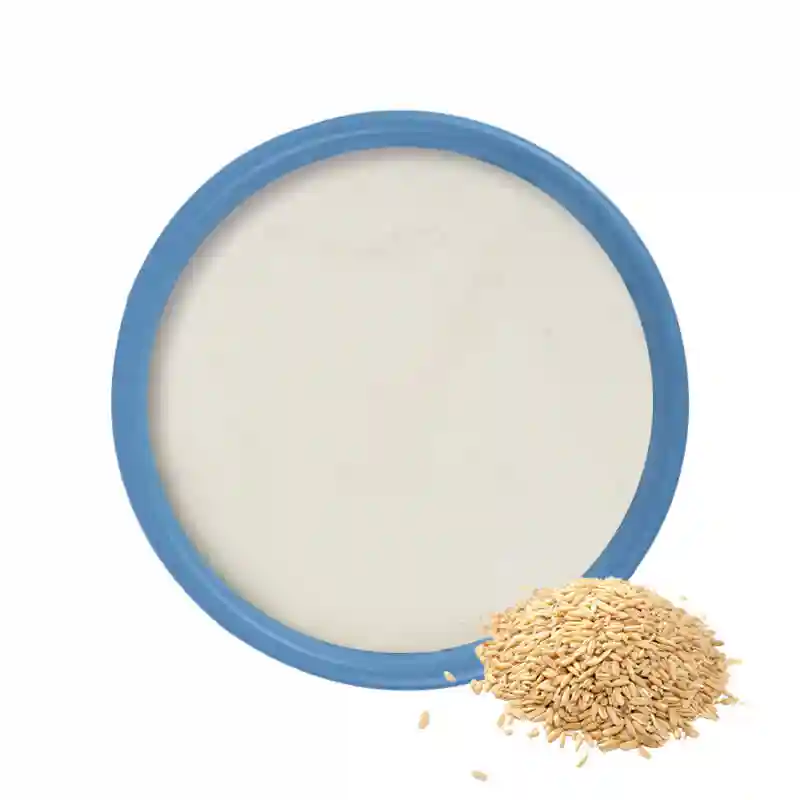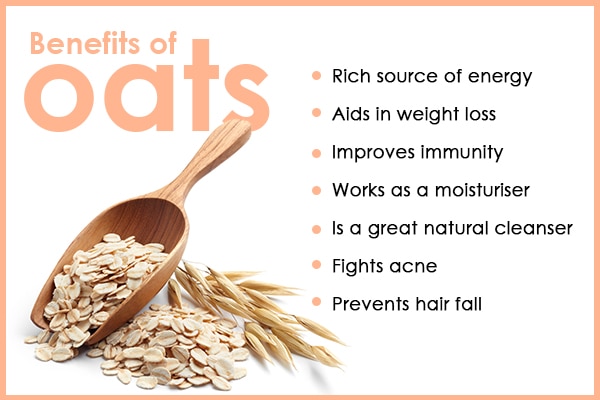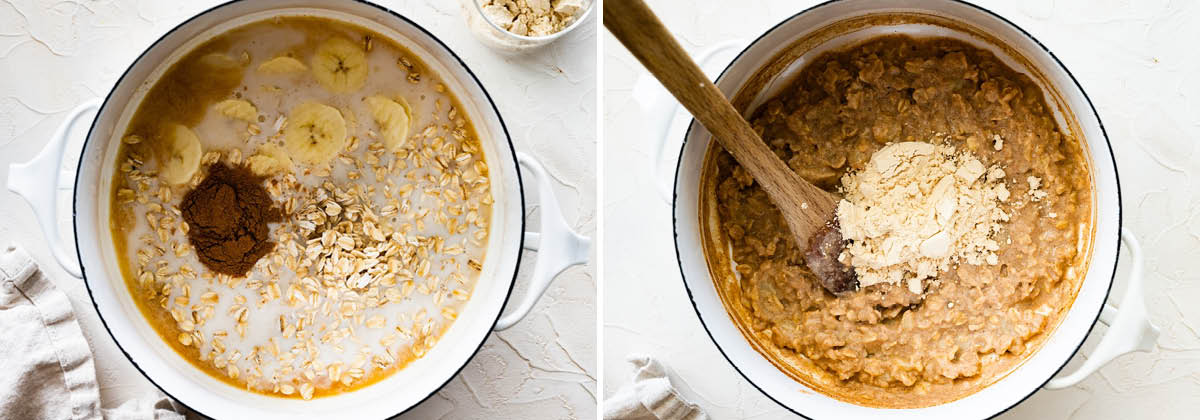Are oat protein good for health?
Oats are the only cereal containing a globulin or legume-like protein, avenalin, as the major (80%) storage protein. Oat Protein Powder is a natural unique plant-based protein concentrate based on Chinese non-GMO oats that helps manufacturers to meet the fast-growing consumer demand for nutritious, protein-enriched foods and supplements. It is vegan-friendly, tastes good, and is an excellent alternative to other dairy and vegetable protein sources. All of which makes the ideal ingredient for boosting protein content in a wide range of products. It is nearly equivalent in quality to soy protein, which World Health Organization research has shown to be equal to meat, milk, and egg protein.
But how healthy is oat protein really? And how does it compare to other protein sources like whey, soy, or pea protein? This comprehensive article explores the nutritional profile, health benefits, and uses of oat protein powder to help you make an informed decision.
What Is Oat Protein Powder?
Oat protein powder is a plant-based protein supplement extracted from whole oats (Avena sativa), typically through a mechanical or enzymatic process that concentrates the protein content while removing most carbohydrates and fats. The result is a fine, neutral-flavored powder that can be mixed into shakes, smoothies, baked goods, or protein bars.
The oats used are typically non-GMO and gluten-free (if processed in a gluten-free facility), making this protein source suitable for a wide range of dietary needs.

Nutritional Profile of Oat Protein Powder
Oat protein powder typically contains 50% to 90% protein by weight, depending on the processing method. Here's a snapshot of what you can expect per 30g serving (based on an 80% oat protein isolate).
When compared with amino acid requirements for children, oats exceed the requirements for all essential amino acids except lysine and threonine (Table 2). However, they fall short when compared with egg and milk proteins. The nutritional value of oat protein products can be improved by supplementation of lysine, threonine, and methionine.
| EAA |
EAA requirements (2-5-year-old) |
Mean of 289 oat cultivars |
Eggs | Cow milk |
|
Histidine |
19 |
22 |
22 |
27 |
| Isoleucine | 28 | 39 | 54 | 47 |
| Leucine | 66 | 74 | 86 | 95 |
| Lysine | 58 | 42 | 70 | 78 |
| Methionine + cysteine | 25 | 41 | 57 | 33 |
| Phenylalanine + tyrosine | 63 | 84 | 93 | 102 |
| Threonine | 34 | 33 | 47 | 44 |
| Tryptophane | 11 | ND | 17 | 14 |
| Valine | 35 | 53 | 66 | 64 |
Overall, oats provide proteins with high nutritive quality with digestibility higher than 90%, a biological value of around 75%, and net protein utilization of 70%.
Most importantly, oat protein contains all nine essential amino acids, making it a complete protein, although it is slightly lower in lysine compared to other sources like soy or whey.

Table 1. Oat protein fractions according to Osborne's protein solubility
| MW (kDa) | % of total protein* | pI | Solubility | |
|
Globulins a-Polypeptide b-Polypeptide |
53-58 32 22 |
70 – 80 |
5.9 – 7.2 8.7 – 9.2 |
Soluble in dilute Aqueous salt Solutions |
| Albumins
(mostly enzymes) |
major at 15, and two minors at ~36 and 22 | 9 – 20 | 4 – 7 | Water-soluble |
| Prolamins (avenin) | 23.5 and 15.5 (also a minor peak at 36) | 4 – 14 | 5 – 9 | Soluble in aquous ethanol |
| Glutelins (residue) | 9 | <10 | - | Soluble in dilute acids or alkalis |
Key Health Benefits of Oat Protein Powder
1. Supports Muscle Growth and Recovery
Although oat protein is plant-based, it provides a decent spectrum of essential amino acids, including leucine, isoleucine, and valine—the BCAAs crucial for muscle protein synthesis. While it may not match the anabolic potential of whey protein, it serves as an excellent option for vegans, vegetarians, or those with dairy allergies looking to support fitness goals.
2. Promotes Satiety and Weight Management
Oat protein is rich in beta-glucan, a soluble fiber that slows digestion and promotes feelings of fullness. Consuming oat protein powder can reduce hunger pangs and help manage calorie intake, making it a great tool for weight management and appetite control.
3. Lowers Cholesterol and Improves Heart Health
Oats are famous for their cholesterol-lowering effects, largely attributed to beta-glucan. While some beta-glucan is lost in the protein extraction process, many oat protein powders still retain trace amounts. Regular consumption may support heart health by reducing LDL cholesterol and improving lipid profiles.
4. Gut-Friendly and Easy to Digest
Compared to soy or dairy proteins, oat protein tends to be gentler on the digestive system, especially for individuals with food intolerances. It’s naturally lactose-free, gluten-free (when certified), and low in allergens, making it an ideal choice for sensitive stomachs.
5. Sustainable and Environmentally Friendly
From a sustainability standpoint, oat protein outshines animal-derived proteins. Oats require less water and land to grow, and their cultivation has a lower carbon footprint. For environmentally conscious consumers, oat protein offers a greener path to meeting protein needs.
6. Blood Sugar Regulation
Oats are known to have a low glycemic index, and their protein fraction may help stabilize blood sugar by slowing carbohydrate absorption. This makes oat protein powder a smart addition to diets targeting blood sugar control, such as those managing insulin sensitivity or Type 2 diabetes.

Comparing Oat Protein to Other Protein Sources
| Protein Source | Type | Protein per 30g | Digestibility | Complete Protein? | Key Benefit |
|---|---|---|---|---|---|
| Oat Protein | Plant-based | 20–25g | High | Yes (low lysine) | Heart health, satiety |
| Whey Protein | Animal-based | 24–27g | Very high | Yes | Fast absorption, muscle gain |
| Pea Protein | Plant-based | 21–24g | High | Almost (low methionine) | Hypoallergenic, iron-rich |
| Soy Protein | Plant-based | 23–25g | Moderate | Yes | High BCAA, muscle support |
| Rice Protein | Plant-based | 20–22g | Moderate | No (low lysine) | Easy digestion, hypoallergenic |
While oat protein may not have the same anabolic strength as whey or the high lysine content of soy, it excels in digestibility, sustainability, and heart health benefits.
How to Use Oat Protein Powder
Oat protein powder is versatile and easy to incorporate into daily routines:
-
Smoothies & shakes: Blend with fruits, plant-based milk, and nut butter.
-
Baking: Add to muffins, pancakes, or protein bars.
-
Oatmeal or porridge: Stir into hot cereals for a protein boost.
-
Soups & sauces: Use as a thickening agent with added protein.
-
Meal replacement: Combine with fiber, healthy fats, and micronutrients for a balanced shake.
:max_bytes(150000):strip_icc()/GettyImages-1432569258-9ca05391c31343eab20b6d2099034eba.jpg)
Potential Drawbacks and Considerations
While oat protein powder is generally well-tolerated and safe, there are a few considerations:
-
Low in lysine: You may want to combine it with other plant-based proteins like pea or rice to achieve a more balanced amino acid profile.
-
Processing methods: Choose products that use minimal or enzymatic processing to retain the nutritional integrity.
-
Contamination risks: If you’re gluten-sensitive or have celiac disease, always check for certified gluten-free labeling, as oats are often processed in facilities that also handle wheat.

Conclusion
The short answer is: yes, oat protein is good for health. It's a clean, plant-based, and nutritionally balanced protein source that offers a host of benefits—from supporting muscle growth and heart health to improving satiety and gut health. It’s also environmentally sustainable and well-tolerated by most individuals, making it a smart choice in the growing world of functional nutrition.
Whether you're an athlete looking to diversify your protein intake, a vegan aiming to increase complete proteins, or a health-conscious consumer seeking better alternatives to whey or soy, oat protein powder is a versatile and effective option.
Send Inquiry
Related Industry Knowledge
- Is Mushroom Supplement for Weight Loss Effective
- Pure L Glutamine Powder: Flavored and Cravings
- Purple Corn: The Nutritional Powerhouse You’ve Never Seen
- BCAA
- Laminaria Digitata Extract for Fat Loss & Metabolism Boost
- Does oat beta-glucan brighten skin?
- What are the health benefits of fucoxanthin powder
- Ergothioneine skin and face benefits
- YANGGEBIOTECH Food Colors
- Best time to take creatine


